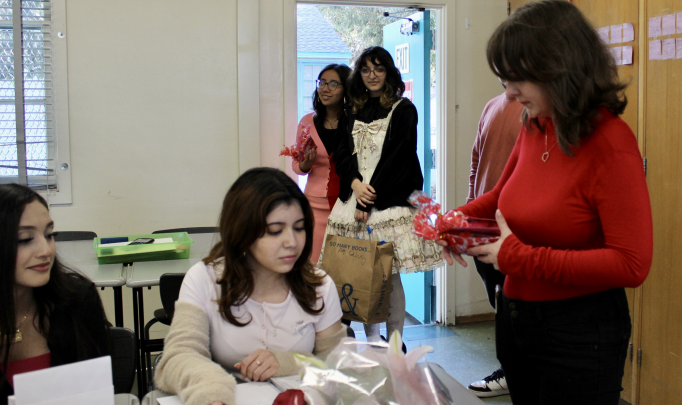After two years of hectic schedules, Daniel Pearl Magnet High School has deemed the seven-period schedule problematic.
For the upcoming school year, DPMHS will be returning to its original six-period schedule. The introduction of the seventh period began in 2012 due to the influx of students enrolled. What once began as a resolution in response to incoming students, the schedules began to weigh onto teachers’ work and grading process, especially since a handful of DPMHS teachers instruct separate subjects per period.
But returning to the six-period schedule will make the abundance of student population an issue, yet again. Classroom sizes may increase making a difficult environment to learn in.
Returning to six periods a day will remain convenient for administrators but not to the advantage of the students. The seventh period allowed students to take interesting electives and classes needed to graduate. It was also a second opportunity to retake a class that was failed during a student’s academic career.
Seven periods has also permitted athletes at DPMHS to take extra classes before heading off to Birmingham Community Charter High School to participate in an athletic sport. Cutting the schedule back will lower the classes that athletes are capable of taking since schedules have to be made for the majority of students that need the class.
Students have been earning their high school credits sooner than their graduation date. Some even leave school early during seventh period to attend a college class.
Although this seems to trouble administrators, is it not a goal to encourage students to graduate so that they may attend a higher level of education in a college or university?
Cutting the seventh period jeopardizes the academic careers of the students. It may seem unbelievable to desire more classes than fewer, but students have adapted to the schedule that allows for greater opportunities in passing the courses needed to graduate.
Resuming to the six-period schedule will result in past issues DPMHS has faced due to the student population. If it isn’t broken, there is no need to fix it. The seven-period schedule has functioned greatly for the advantage of students. Returning to the six period schedule is far from an improvement.







